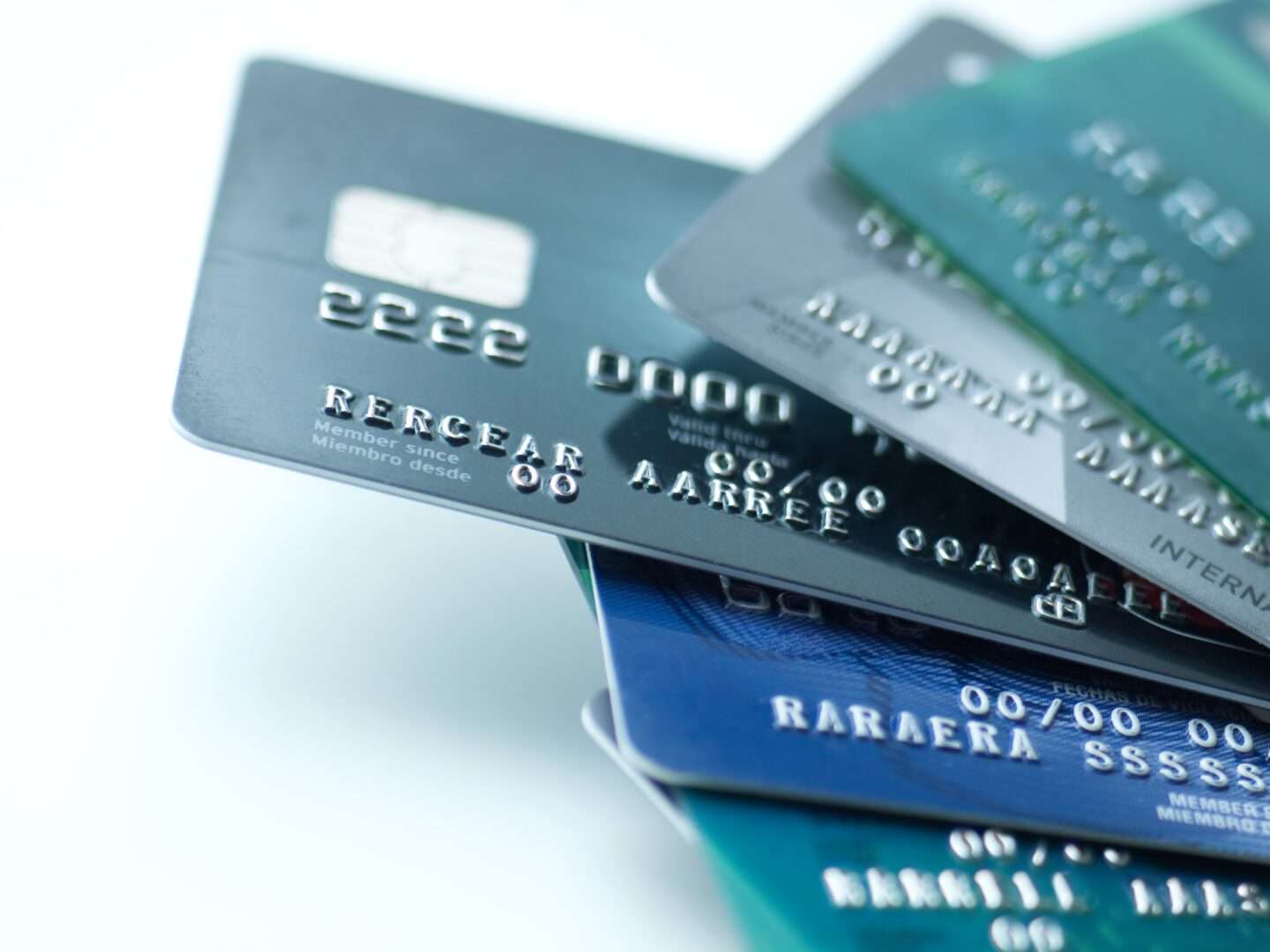Having poor credit or no credit at all can limit you from doing a lot of things. This is why you need to figure out how to build credit as a millennial woman. It’s bad enough that the 2020 pandemic has furloughed thousands. Don’t let your credit score make it harder for you to start your career or find a new job. Employers can check your credit when looking into your background. They want to see if you’re reliable. If you can’t manage to pay back your debt in a timely manner, how can they trust you to be reliable and take your work seriously?
The typical credit score for a millennial today is in the fair category which starts at 670. Fair is okay – fair is good. But fair is less likely to get you approved for the home of your dreams. While I can’t promise that when you finish reading this blog post you’ll have perfect credit. I can guarantee that if you follow the techniques, I share you’ll be well on your way to having excellent credit.

NOTHING COMES FREE, EACH PURCHASE IS EARNED
Maybe you’re reading this and have just been approved for your first credit card. That’s great but keep in mind that as you swipe, you should’ve already earned your new purchase. This means that if you can’t afford to pay it back – you should put it back. This is a key concept you need to understand when looking to build credit as a millennial woman.
Regardless of if you’re new to credit or trying to bounce back. You need to be patient and avoid buying items before you can afford them. I know this sounds like a no brainer. But you’d be surprised to know that a 2018 credit karma report found that “nearly 40 percent of millennials have spent money they didn’t have and gone into debt to keep up with their peers.”
You don’t have to try to keep up! The biggest flex of all is your savings muscle. Living a life you can afford while saving for both your short/long term goals is essential. If you find yourself feeling like you have to “ball out” maybe you should lay off social media and unsubscribe from retail newsletters that are good for making you feel like you need things you don’t. After doing this, make an effort to familiarize yourself with the basics of credit. You need to know your credit score and review your credit report. Do this periodically as problems with your credit report could potentially result in identity theft.
NEVER CLOSE OUT A CARD
Closing out a card you don’t use seems like it would be good for your credit. However, doing this will eliminate some of your available credit which ultimately hurts your utilization rate. This is the percentage of available credit you can use. It is also used when determining your credit score. Realistically, you should only close out a card if you can’t control your spending. Or if you can no longer afford the card itself. Annual fees for example. Try asking the card issuer to downgrade your card to a no annual fee card. Additionally, credit history or how long you’ve had your card accounts for 15% of your credit report.
CREDIT LINE INCREASE
If you’ve only been buying things you can truly afford and then paying your cards down at the end of each month great! It could be a great idea to request a credit line increase. Doing this is great for your buying power and will lower that credit utilization we talked about. It could be a good time to request this if your income has increased. You’ve had the card for at least a year, and your credit is in good shape.
This blog post was originally published on 8/18/2020 as a guest feature on The Budget Pusher. For more information on building and establishing credit click here to subscribe to my newsletter and receive my FREE guide to Building and Establishing excellent credit.
